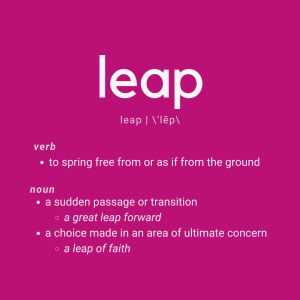
Anybody out there work with humans? My condolences. We can be just awful sometimes.
We can be wonderful, too. Most of us try to be helpful, aware and dependable more often than not. But we also have times when all bets are off and we are impeding, distracted and emotionally unpredictable. The fact that we can be both wonderful and awful – often simultaneously – makes humans difficult to have as colleagues.
It would be so much easier if coworkers did not bother us with abrupt mood swings. Think of the time we’d save if no one ever became argumentative and wanted to belabor a point on which we’d “agreed to disagree.” And what about the eye rolling that could be avoided if your Creative team could learn to summarize an idea without elaborating on the “feel” of concept for an hour. The same holds true for the analysts who would attract more interest in their data if they could inject a bit of enthusiasm into the spreadsheets they share on overhead projectors for hours at a time. And work would not be as frustrating if our colleagues would just fess-up to the fact that sometimes they are inept – we all can be, so it’s best to acknowledge the obvious.
It would be nice if those things happened with greater regularity, but they don’t, so we need to adjust. We can notice when we are being obtuse or tuned-out, when we are not reading a crowd well in a presentation, when we are frustrating our coworkers and when we are feeling a little clueless.
We can notice those times and act to correct them, e.g., “Hey, it looks like I’ve lost your attention with these spreadsheets. What questions can I answer about what you’ve seen so far?” or “I’m not sure I understand your goal and I’d like to; will you please explain it again so I really get it?” If we each attempt to limit how we frustrate our colleagues, working with other humans feel less like something to endure – ick – and more like something to enjoy.





